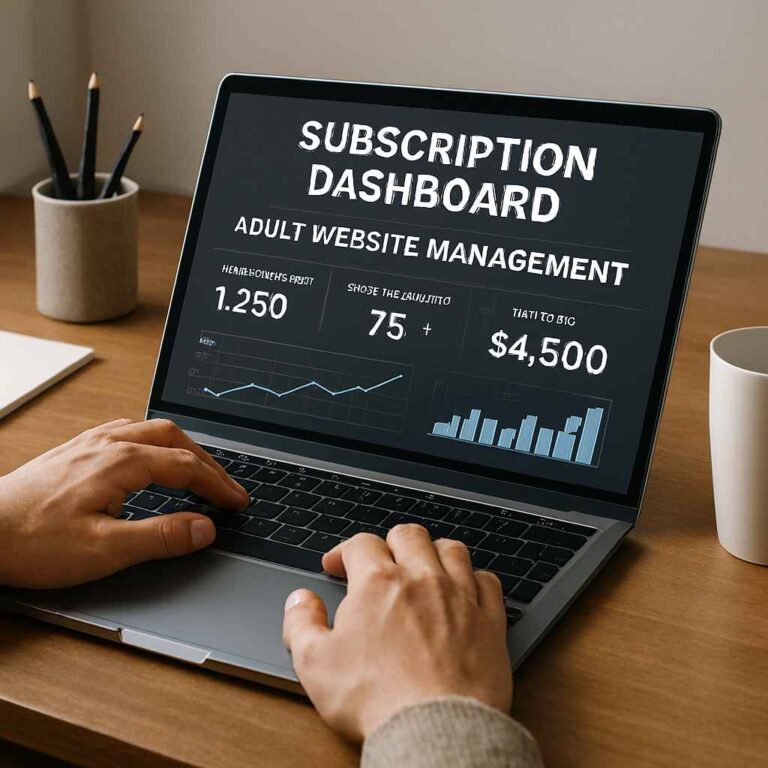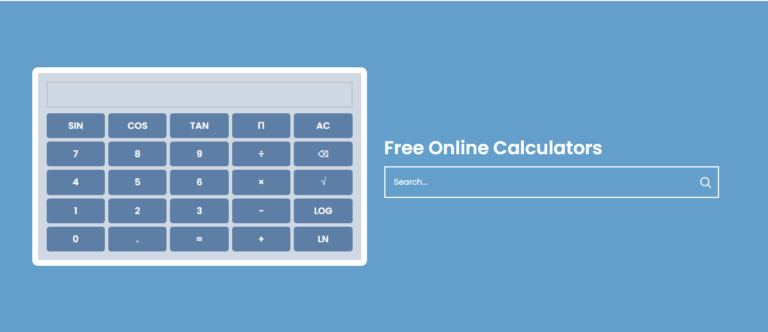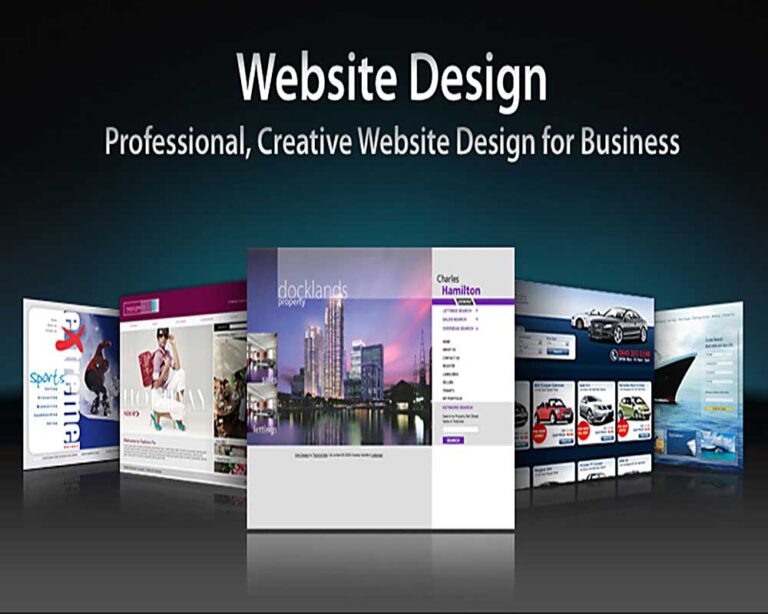Europe Functional Water Market Size, Share & Forecast Analysis (2025–2033) – Renub Research
Market Overview
The Europe Functional Water Market was valued at US$ 1.63 billion in 2024 and is projected to reach US$ 3.32 billion by 2033, growing at a CAGR of 8.25% from 2025 to 2033. This growth is driven by heightened health consciousness, increased demand for low-calorie beverages, and innovations in hydration and wellness products. With consumers actively moving away from sugary sodas toward nutrient-rich hydration alternatives, functional water has emerged as a prominent choice across all demographics in Europe.
Functional water includes bottled water fortified with vitamins, minerals, electrolytes, and botanical extracts, offering specific health benefits such as immune support, improved digestion, and enhanced physical performance. As the European population becomes increasingly attentive to their health and wellness needs, demand for clean-label, sustainably packaged, and functionally fortified water is rapidly climbing.
Key Market Drivers
1. Rising Health and Wellness Consciousness
European consumers are growing increasingly wary of high-sugar beverages linked to lifestyle disorders such as obesity and diabetes. Functional water, being low in calories and high in essential nutrients like vitamin B, C, E, and minerals such as magnesium and calcium, presents a healthy alternative. The COVID-19 pandemic further accelerated this shift toward immunity-boosting and wellness-centric drinks. Notably, brands like Vitaminwater launched new sugar-free, vitamin-rich flavors like ‘With Love’ and ‘Forever You’ in March 2023, aligning with this trend.
2. Booming Fitness and Sports Participation
The surge in sports, fitness routines, and active living across Europe has bolstered demand for electrolyte- and mineral-enriched water. These drinks assist with post-exercise hydration, muscle recovery, and endurance, making them a staple among athletes and gym-goers. In February 2024, Liquid Death entered the market with “Death Dust,” an innovative electrolyte mix in unique flavors, reflecting consumer enthusiasm for performance-oriented hydration solutions.
3. Sustainable and Premium Offerings
Europe’s beverage market is witnessing a rising preference for premium functional waters that emphasize organic ingredients, recyclable packaging, and environmentally responsible sourcing. Functional water in aluminum cans and biodegradable PET bottles is gaining traction, aligning with regional sustainability goals. Premium offerings often include plant-based infusions and exotic flavors, supporting ethical consumption trends.
Market Challenges
1. Stiff Competition from Other Health Beverages
The functional water segment competes with a wide range of healthy alternatives like kombucha, coconut water, plant-based drinks, and energy beverages. This product diversity often oversaturates the market, making it harder for functional water brands to differentiate themselves, especially in mature European economies.
2. High Production and Packaging Costs
Crafting functional water with premium nutrients, natural additives, and sustainable packaging adds significantly to production costs. Biodegradable materials, specialty ingredients, and clean-label formulations are expensive, resulting in higher retail prices that deter cost-sensitive consumers.
New Publish Reports
- Europe Electric Vehicle Market Size and Share Analysis – Growth Trends and Forecast Report 2025-2033
- Europe Neonatal Intensive Care Market Size and Share Analysis – Growth Trends and Forecast Report 2025-2033
- Europe Meat Snacks Market Size and Share Analysis – Growth Trends and Forecast Report 2025-2033
- Europe Food Cans Market Size and Share Analysis – Growth Trends and Forecast Report 2025-2033
Segment Analysis
By Product:
- Vitamin-Infused Water: A rapidly growing segment driven by demand for immune support and mental alertness.
- Mineral-Infused Water: Popular for promoting hydration, bone health, and detoxification.
- Protein & Electrolyte-Infused Water: Tailored for fitness enthusiasts and athletes.
- Herbal & CBD-Infused Water: Emerging segments targeting wellness and stress relief markets.
By Flavor:
- Berry Flavors (e.g., blueberry, acai): High in antioxidants and immunity boosters.
- Tropical Flavors (e.g., mango, pineapple): Preferred for their exotic, refreshing appeal and natural sweetness.
- Herbal & Botanical Flavors: Growing in popularity among consumers seeking natural healing properties.
By Packaging:
- PET Bottles: Dominant due to cost-effectiveness and portability; sustainable variants like rPET gaining favor.
- Aluminum Cans: Gaining popularity due to 100% recyclability and premium positioning.
By Distribution Channel:
- Supermarkets/Hypermarkets: Key retail points offering wide brand variety and volume deals.
- Online Retail: Fast-growing due to convenience, access to niche brands, and customized subscription services.
Country-Wise Analysis
France
The French market emphasizes clean-label products, with a preference for natural spring water enhanced with botanicals and probiotics. The opening of BE WTR’s circular bottling factory in Paris in 2024 marks a major step toward sustainable, locally sourced hydration solutions for premium consumers.
Germany
Germany’s market is fitness-driven, with consumers preferring alkaline and electrolyte-rich waters. Brands are responding with organic and recyclable packaging options. In 2024, the Haus Cramer Group’s new El Puro brand signifies rising local competition in mineral water.
United Kingdom
UK consumers are increasingly inclined toward vegan, sugar-free, and naturally flavored functional water options. The launch of Water Almighty, the UK’s first functional water in aluminum cans, demonstrates a strong commitment to sustainability and innovation in packaging.
Key Players and Competitive Landscape
Major companies are investing heavily in innovation, sustainable practices, and brand differentiation:
- Nestlé
- The Coca-Cola Company
- Protein2o
- Vieve Protein Water
- BiPro Protein Water
- Nutramino
- WOW HYDRATE
- Biotech USA
- The Hut.com Limited (Myprotein)
- XXLnutrition
These players focus on strategic partnerships, eco-conscious packaging, and expanding their flavor and function portfolios to enhance market share.
Answers to Key Questions
1. What is the market size of the Europe Functional Water Market in 2024, and what is its projected growth rate until 2033?
In 2024, the market stood at US$ 1.63 Billion and is forecasted to grow at a CAGR of 8.25%, reaching US$ 3.32 Billion by 2033.
2. What are the key drivers behind market growth?
Health consciousness, demand for low-calorie nutrition-rich beverages, sports and fitness culture, and sustainability in packaging.
3. Which product types are most popular?
Vitamin- and mineral-infused waters dominate due to immunity support and fitness needs.
4. How is wellness awareness impacting the market?
It’s driving demand for clean-label, sugar-free, and functionally beneficial beverages, especially since COVID-19.
5. What are the key market challenges?
Intense competition from alternative health drinks and high production/packaging costs.
6. How do flavors affect demand?
Fruity and botanical flavors with functional health claims are significantly boosting consumer appeal.
7. Which distribution channels lead the market?
Supermarkets dominate, but online sales are growing due to personalized offerings and convenience.
8. What sustainability trends affect packaging?
Recyclable PET, biodegradable bottles, and aluminum cans are leading the shift toward eco-friendly packaging.
9. How do France, Germany, and the UK differ in consumption?
France leads in premium and clean-label demand; Germany in fitness and recovery hydration; the UK in sustainable and sugar-free options.
10. Which companies are leading the market, and how?
Nestlé, Coca-Cola, and WOW HYDRATE lead via innovations in flavor, packaging, and functional ingredients.







